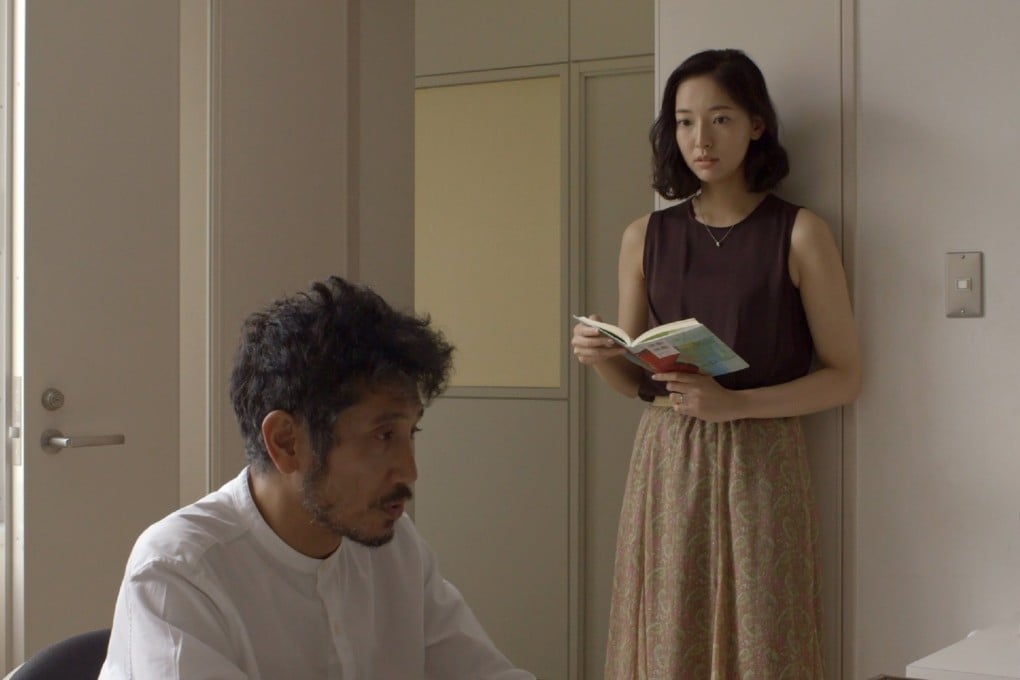Review | Berlin 2021: Wheel of Fortune and Fantasy movie review – erotically charged Japanese anthology a pleasant surprise
- Three devilish tales about infidelity and desire form this thought-provoking film by auteur filmmaker Ryusuke Hamaguchi
- Beautifully characterised, and both playful and provocative, the film is shot on location in and around contemporary Tokyo, giving it a modernist sheen

4/5 stars
Given its world premiere at this week’s Berlin International Film Festival, Wheels of Fortune and Fantasy is the latest work from Japanese auteur filmmaker Ryusuke Hamaguchi (Asoko I & II).
A triptych of short films, they were originally conceived as part of a series of seven dealing with the theme of “coincidence and imagination”, the director says, although that’s just scratching the surface of these devilish tales about infidelity and desire. Had it not already been used by Ang Lee, the title Lust, Caution would feel apt.
The first, titled Magic (Or Something Less Assuring) stars Kotone Furukawa as Meiko, a model who shares a taxi home with a colleague, Tsugumi (Hyunri), who reveals she’s just shared an intense exchange with a man. “I didn’t know conversations could be this erotic,” Meiko marvels – but soon changes her tune when she realises that Tsugumi has been flirting with her ex-boyfriend, Kazuaki (Ayumu Nakajima).
The second tale, Door Wide Open, delves into the power of the erotic even further, when a married but unfaithful student, Nao (Katsuki Mori) decides to lure her prize-winning professor Segawa (Kiyohiko Shibukawa) into a honeytrap – slinking up to his office to read out loud a highly charged passage from his latest book. The electricity in the room – even with his door left open – is palpable.